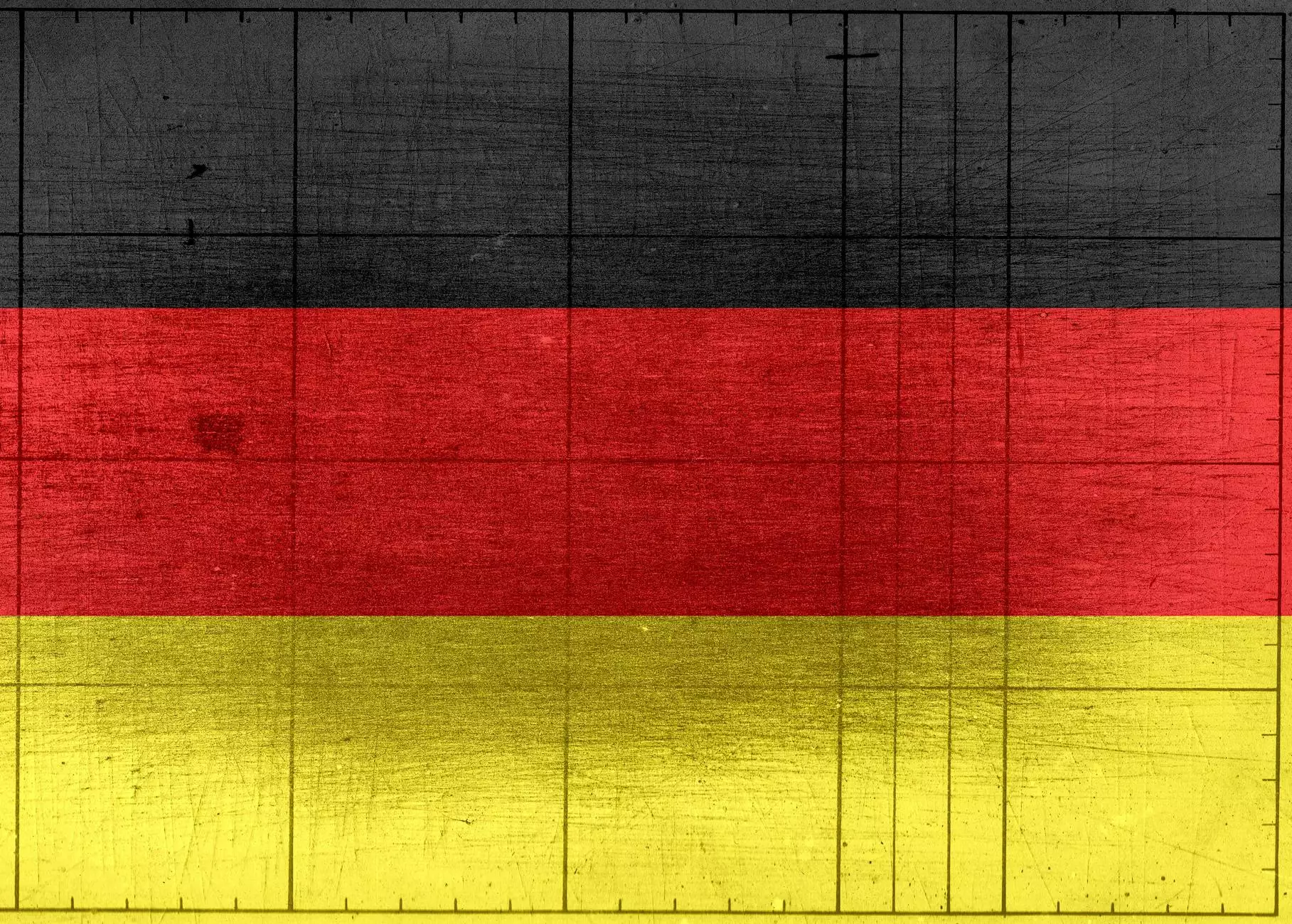The Impact of the Black Death on History

Introduction to the Black Death
The Black Death, also known as the Bubonic Plague, was one of the most devastating pandemics in human history. It swept through Europe in the 14th century, wiping out millions of people and changing the course of history.
The Spread of the Black Death
The Black Death is believed to have originated in Central Asia and spread to Europe through trade routes. It was carried by fleas on rats and transmitted to humans through bites. The rapid spread of the disease was facilitated by poor sanitation and overcrowded living conditions in medieval cities.
Effects of the Black Death
The Black Death had profound social, economic, and cultural effects. It led to a drastic reduction in the population, leading to labor shortages and economic disruptions. The feudal system also came under pressure as serfs demanded better wages and working conditions.
Historical Significance
The Black Death marked the end of the medieval period and the beginning of the Renaissance. It challenged traditional beliefs and paved the way for scientific advancements in medicine and public health.
Conclusion
The Black Death remains a grim reminder of the fragility of human life and the importance of public health measures in preventing the spread of infectious diseases.
about black death








